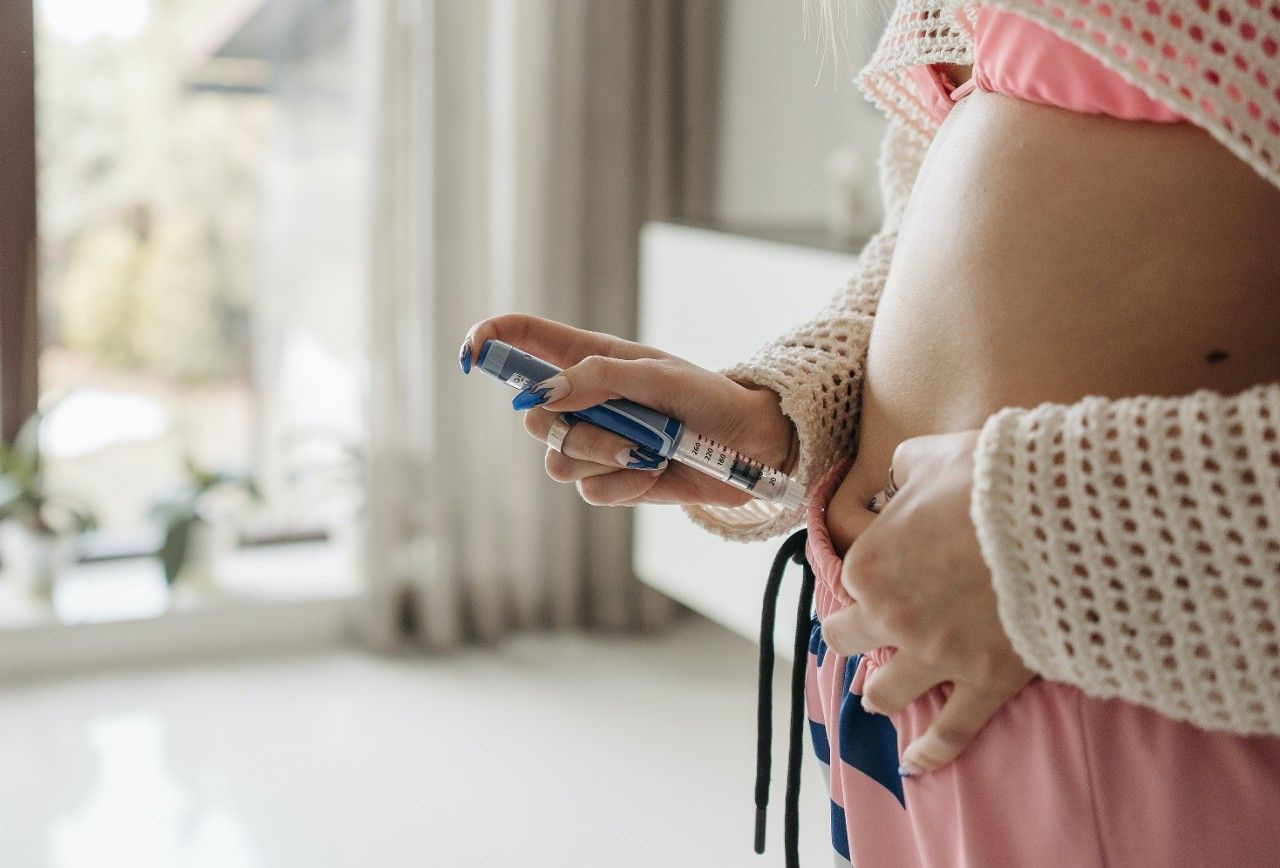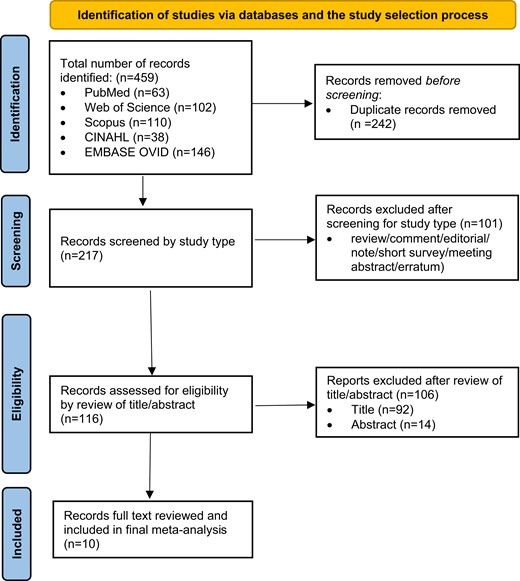Hi everyone.
I first started on a GLP-1 back in 2010, great for BG control, terrible for pain. Back then gallbladder pain was not a listed side effect. Apart from loss of appetite, the only other side effect was pain in my right hand side. And of course some weight loss!
I’ve been on three different GLP-1s. Victoza (Liraglutide), Bydureon (Exenatide) and Semaglutide (Ozempic) Started them in 2010 and last took in 2019.
I connected my pain to the drug, as when I ceased the drug the pain would stop. Eventually I went for an ultrasound scan in 2012 and was told I had no gallstones. What I wasn’t told back then was I did have an inflamed gallbladder. I was only told this when a diabetic consultant brought up the results in 2019, when she was sending me for another scan. In 2019 I was on Semaglutide and the pain was horrendous. A new ultrasound scan showed gallstones and immediately the Semaglutide was stopped as it’s contraindicated in those with gallstones. I was told I wouldn’t be able to restart any GLP-1 unless my gallbladder was removed.
As you may know GLP-1s promote weight loss and fast weight loss can lead to gallstones! I have managed to lose 50kg when I was on GLP-1s. And the weight has stayed off!
Nowadays gallbladder disease and stones is a listed side effect of GLP-1s.
Cue years of pain and flare ups. In January this year I had horrendous pain, a further scan revealed a gallstone was stuck in my bile duct.I needed a MRCP to remove this, normally after this small minor procedure the gallbladder is removed a few weeks later so another stone doesn’t flip into the bile duct!
However, the surgeon decided before I even walked in the consulting room he was not doing either procedure as my BMI was too high, no discussion or anything with me, yet NICE Guidelines don’t make any reference to BMI! It clearly states active symptoms should be treated! I just feel fobbed off! The risk with a stuck stone that is not removed is it could lead to sepsis and pancreatitis!
For the last 7 months my pain in my gallbladder has been horrendous, it’s affecting every aspect of my life and daily living, and as a full time carer it’s really impacting everything!
I’m curious to speak to others who may have developed gallbladder problems after being on GLP-1s in the UK? And if you have been treated for it? I am aware that in the USA there are legal cases happening for those who have developed gallbladder disease with GLP-1s.
It’s all well and good putting us on these meds, but I never had problems with pain or my gallbladder before GLP-1s and yet the NHS won’t treat my problem!
I am beyond angry!
I first started on a GLP-1 back in 2010, great for BG control, terrible for pain. Back then gallbladder pain was not a listed side effect. Apart from loss of appetite, the only other side effect was pain in my right hand side. And of course some weight loss!
I’ve been on three different GLP-1s. Victoza (Liraglutide), Bydureon (Exenatide) and Semaglutide (Ozempic) Started them in 2010 and last took in 2019.
I connected my pain to the drug, as when I ceased the drug the pain would stop. Eventually I went for an ultrasound scan in 2012 and was told I had no gallstones. What I wasn’t told back then was I did have an inflamed gallbladder. I was only told this when a diabetic consultant brought up the results in 2019, when she was sending me for another scan. In 2019 I was on Semaglutide and the pain was horrendous. A new ultrasound scan showed gallstones and immediately the Semaglutide was stopped as it’s contraindicated in those with gallstones. I was told I wouldn’t be able to restart any GLP-1 unless my gallbladder was removed.
As you may know GLP-1s promote weight loss and fast weight loss can lead to gallstones! I have managed to lose 50kg when I was on GLP-1s. And the weight has stayed off!
Nowadays gallbladder disease and stones is a listed side effect of GLP-1s.
Cue years of pain and flare ups. In January this year I had horrendous pain, a further scan revealed a gallstone was stuck in my bile duct.I needed a MRCP to remove this, normally after this small minor procedure the gallbladder is removed a few weeks later so another stone doesn’t flip into the bile duct!
However, the surgeon decided before I even walked in the consulting room he was not doing either procedure as my BMI was too high, no discussion or anything with me, yet NICE Guidelines don’t make any reference to BMI! It clearly states active symptoms should be treated! I just feel fobbed off! The risk with a stuck stone that is not removed is it could lead to sepsis and pancreatitis!
For the last 7 months my pain in my gallbladder has been horrendous, it’s affecting every aspect of my life and daily living, and as a full time carer it’s really impacting everything!
I’m curious to speak to others who may have developed gallbladder problems after being on GLP-1s in the UK? And if you have been treated for it? I am aware that in the USA there are legal cases happening for those who have developed gallbladder disease with GLP-1s.
It’s all well and good putting us on these meds, but I never had problems with pain or my gallbladder before GLP-1s and yet the NHS won’t treat my problem!
I am beyond angry!








